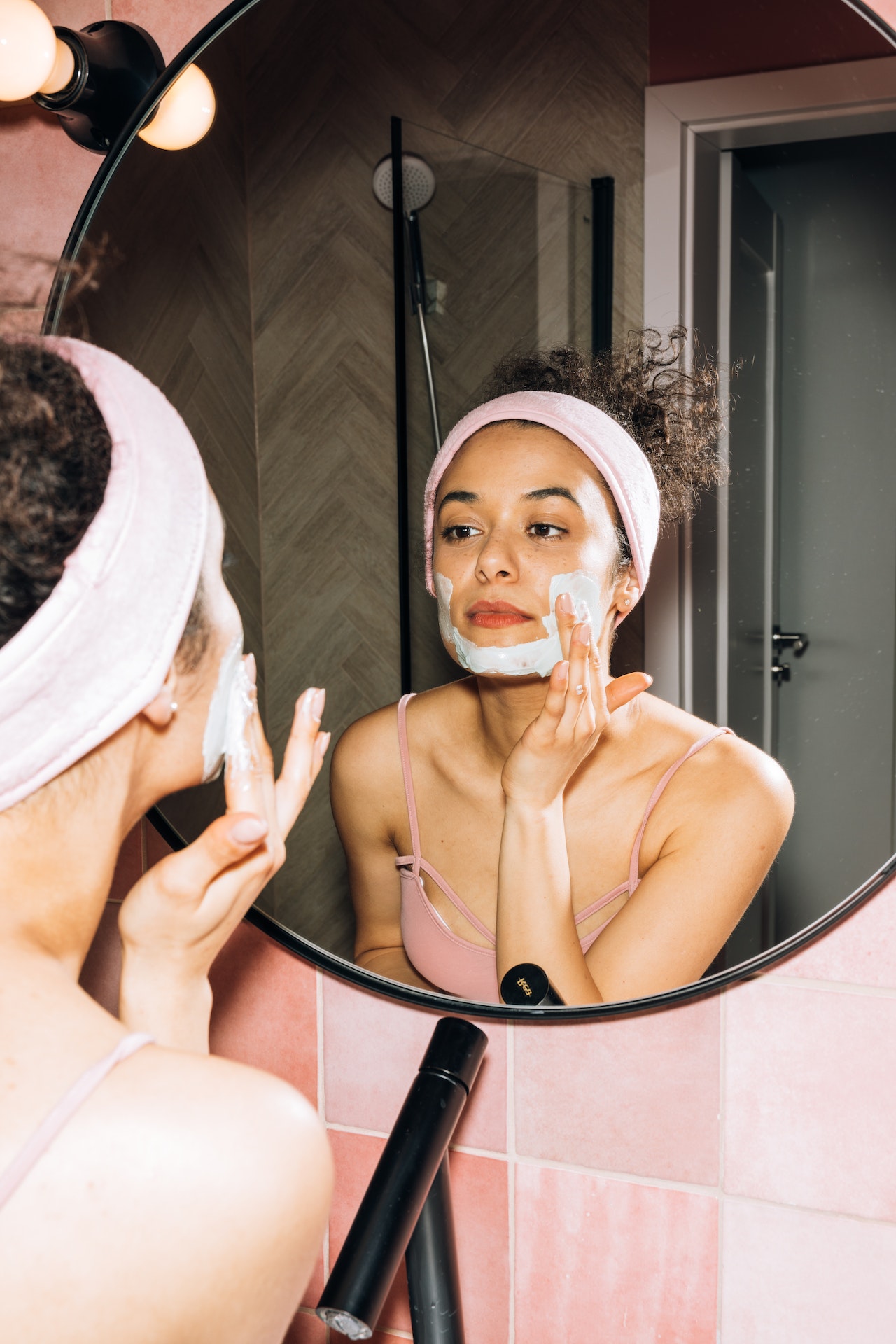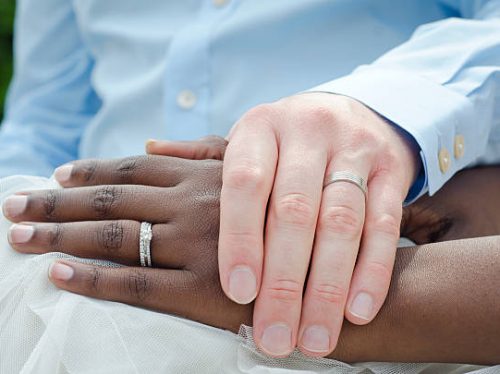How to protect yourself from self-care product scams

The demands of the modern-day world are so derailing that most women have been sold the self-care package of the 21st century. Experts are now holding conferences and table talks about women prioritising themselves above everything else in disguise of self-love. Self-care was once doing or finding ways to be the best version of oneself but many quacks live off the vulnerability of women who don’t understand it.
In pursuit for perfection, the world has taught women to identify their insecurities and labour so hard to solve them. Women are struggling to ensure their imperfections do not appear in the light. Somehow the entrepreneurs have also mastered the art of harvesting whatever shillings from the mundane insecurities, and thus many women have become culprits and targets of the self-care product scam.
According to Dr Nadir Qazi, a physician and cosmetic dermatology surgeon, skin care is put in place to protect from harsh pollutants and chemicals every day and not to empty your wallet.
‘’Your goal is to be tender with your skin, but you can use things that work for you without making you feel like you are stripping, drying out or polluting your skin. Instead of alcohol-based products, opt for products like rose water because it has natural anti-inflammatory properties,” he said.
From cleansing juices, retreats, diets, hacks, yoga to self-care packages, women are expected to boggle down so many fake self-care products and, in the end, carry the blame when they don’t work as promised. However much we want perfection, being too desperate to achieve can cost us more than what and where we are headed. Lately self-care fakes and scams have become the order of the day, so here is how to avoid being a victim.
Don’t be too desperate
The people in the beauty industry have mastered how to market fake products and get away with it. Often times it is hard to differentiate the fake and real. Secondly, a large number of the buyers are too desperate to find solutions to their skin or body issues and glorify them over the product ingredients and expiry date. Always check the product manufacture date, expiry, ingredients and carry out some extra research on uses, effectiveness and reviews online before indulging.
Too good to be true is not good
Have you seen those Television commercials about beauty products that say “results within two days?” Those are some of the examples of too good to be true. Another fake product scam is “buy one and get two extra;” a good product usually sells itself. If it is as genuine as they say, why then is someone willing to give you an extra for you to purchase it. Every predator lures their prey into the dark. Don’t fall victim of overwhelming product discounts and end up with real skin disorders.
Set boundaries
Don’t be that girl buying every new product on the shelf. The best recommendation would be visiting a dermatologist or fitness expert to find out what exactly is required according to your issues. This will save you a lot of product errors and money. While women are known to be impulsive buyers especially when it comes to self-care products, set boundaries in regards to shopping and don’t keep things on the cart. For example, plan and prepare to only buy self-care products once a month and stick to that. By doing this, you won’t fall into temptation of buying every new acne cream the makeup lady recommends.
Don’t buy commercialised self-care
Self-care is more than just pampering yourself with nice junk meals and pushing the world out. It is going to the dentist to get those broken teeth fixed, replacing the buttons on that office shirt, buying sports shoes to keep your feet safe as you jog and working on that weed addiction that is cutting you off from friends and family. Unfortunately, what is on the market is selfishness disguised as self-love, pampering yourself, shutting out the world and putting your needs above others. If anyone ever uses those sentences as a selling line, run for your life because it is a scam.
Brand names don’t matter
The people that have fell victim of fake products and self-care scams mostly trust in a particular brand. They believe that Dove, Nivea and L’Oreal cannot be duplicated. They are sure that they are safer with such brands. Remember there are third parties manufacturing duplicates and it is difficult to tell them apart from the real.
Don’t fall for colour, packaging and Instagram infographics.
There is a good graphic designer everywhere of late; companies and start-ups know the power of good graphics, attractive packaging and colours. These are some of the most crucial points and it is easy to mistake great packaging for authenticity. Search out for unique aspects from the official website or social media pages of a particular brand for tips on spotting fake products. This will save you from any inconveniences.
Overall, the best self-care product is in your hands already. Appreciate your imperfections first and seek to improve where need be rather than completely erasing what was. Then, find products that strive to make it easier.


















